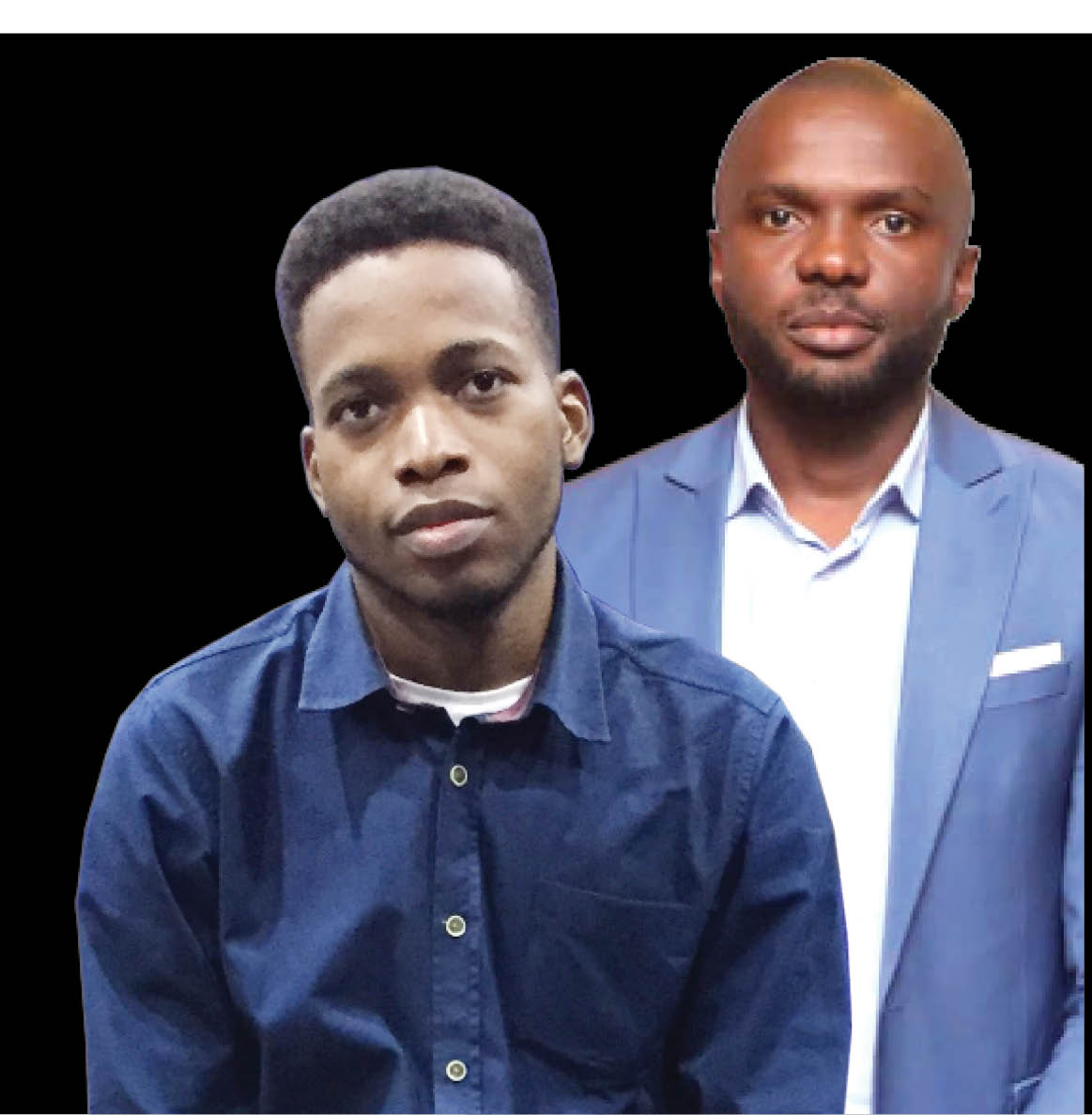If Beyoncé’s hit single ‘Who runs the world’ is going to be remixed in 2019, it would be more like ‘what runs the world?’ And the undeniable answer is ‘technology’.
Technology runs our lives these days. Smartphones, tablets and computers – we really can’t seem to function without them. While some people use technology for mundane things, people are using it to achieve great things in society. Two of such people are Vincent Okeke, the CEO of Agriple and Ayo Dawodu, the CEO of Loystar.
These two run companies that are using technology to make sure ‘business is no longer business as usual’. They are solving some of the world’s most pressing issues through their startups. Daily Trust spoke to these two inspiring men.
Vincent Okeke, the CEO of Agriple
Vincent Okeke is a graduate of Philosophy from the University of Uyo. Agriple isn’t this CEO’s first attempt at building a company. He had his first start-up in 2016 which was a platform for car buyers to ensure they are not buying stolen cars. However, he moved on to creating Agriple because of the lack of data to run the first start-up.
On how the idea of Agriple came, he said, “the idea came when I was serving in Zurmi Local Government Area of Zamfara State. I became friends with the indigenes who were primarily subsistent farmers. During the harvest season, I saw the apprehension they had about not being able to sell their products and their fears were valid.”
He continued, “Some farmers sold while others watched their produce rot because of the lack of access to the market. This was quite sad because these people put in money, energy and time into the cultivation. The image was stuck in my head. I wanted my farmer friends in Zamfara and similar people in remote areas to be able to sell to people as far as Lagos without even stepping out of the farm.”
Led by this motive, Vincent created Agriple.
So what is Agriple? It is an online platform developed to directly connect farmers with consumers and off-takers to reduce food waste. Agriple won the 2019 Startup Nigeria (North Central), beating over 500,000 applicants. It also made the top 10 finalists in the 25th Nigerian Economic Summit (NES25) Start-up pitch competition.
Vincent stated that since the inception of Agriple, they’ve been able to sell over 5000kg of farm produce.
“We’ve sold over 5000kg of farm produce and I am sure by the end of the month, we would have sold up to 8000kg,” he said.
How have they been able to attract so customers? Vincent insists it’s mostly referrals and not through online advertising.
On the challenges Agriple has encountered, he explained that uncovering farmers can be a bit of a hassle, especially in remote areas.
“A lot of the farmers can’t use the internet, so there’s no way for them to use the platform. That’s why we created farmer agents. We send farmer agents to remote areas, to uncover the farmers, teach or help them with using the platform. Our agents get the prices and pictures of their products and put them on our website,” Vincent further explained.
He also mentioned that trust was another issue because Nigerians don’t trust internet platforms.
“90% of our customers will prefer to talk to us offline after checking us online, then pay. They would rather not pay online,” he said.
When asked what his biggest achievement has been, Vincent claims it’s when the first user paid. “That payment took us out of the idea stage. It was our first milestone.”
He also shares his biggest piece of advice to people trying to create startups, “Funding isn’t such a challenge in Nigeria for startups, especially if it’s tech-related. Once you’ve a good idea, you’ll definitely see investors. All you have to do is surround yourself with a good team. If you’re working alone, no matter how good your idea is, it’ll be easy for you to burn out. But with a good team, when you’re tired, they will be there to motivate you.”
Ayo Dawodu, the CEO of Loystar
Ayo Dawodu is a Computer Science graduate from Covenant University. When asked what led to the creation of Loystar, he explained that he wanted to use tech to help businesses be more profitable.
“During my masters in England, I liked going shopping once in two weeks, but they had a system that would make you go back more than that once. For example, they would give you coupons that will expire at a certain time, forcing you to return often,” he said.
“I wanted to find a way to bring that back to Nigeria; a way to make smaller businesses use that concept because back here, it’s only big shops like ShopRite that use it, that’s why I created Loystar.”
So what does Loystar do? Loystar is a retail and loyalty platform designed to help micro, small and medium business sell and drive repeat sales in their businesses. It clinched third place in the 25th Nigerian Economic Summit (NES25) startup-pitch competition, beating almost 2000 other contestants.
Ayo explained how he was able to build the platform.
“Apart from my background in computer science, I did a course in mobile application development during my masters. So, I channelled what I learnt in the course,” he explained.
Loystar, since its inception in 2016, now has patronage from different businesses outside Nigeria. They’ve patronage from Ghana, Liberia, Gambia and the US.
He explained that they’ve been able to attract customers from all across Africa and beyond because he knew from day one that he wanted to build a global company. Also, they’ve been able to build a customer base with the aid of technology.
“Loystar isn’t for Nigeria and Africa alone and technology has helped achieve our vision because tech has no border,” he stated.
However, despite its gradually booming customer base, Ayo says there is a big challenge in finding team members that are truly committed to the cause.
“Everything rises and falls with the team. You need team members that believe in your dream and it can be difficult to get people like that,” Ayo complained.
Apart from making it to the NESG’s top 3, he says his other biggest achievement was being part of Visa everywhere initiative.
“The companies we competed with were far ahead of us, but to be picked as one of the merchant companies was big,” Ayo expressed.
When asked if he had any tips to give to people looking to get into techpreneurship, Ayo had just one advice to give.
“Running very lean. There’s this concept called a lean startup. You use the least amount of resources you can; doing much more with the little you have,” he advised.

 Join Daily Trust WhatsApp Community For Quick Access To News and Happenings Around You.
Join Daily Trust WhatsApp Community For Quick Access To News and Happenings Around You.


